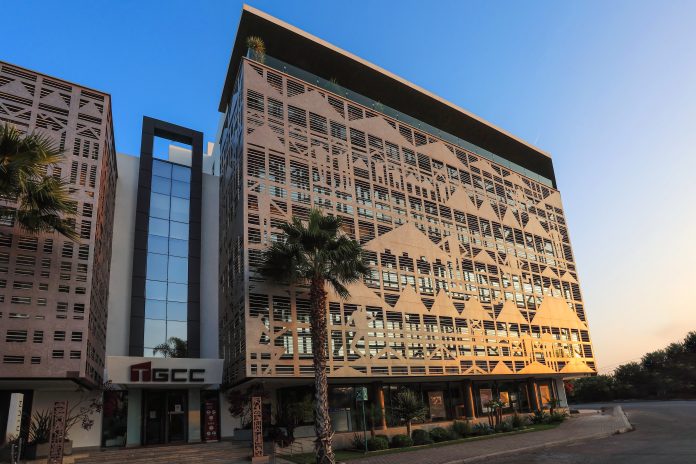A major corporate deal that’s been circulating in Morocco’s business circles for weeks has now reached a critical regulatory checkpoint. TGCC’s acquisition of a 60% stake in STAM (Société de Travaux Agricoles Marocains) has officially landed on the desk of the Competition Council, which confirmed it has received notification of the deal—an essential step in the country’s antitrust oversight process.
Although this acquisition has already been widely reported in industry publications, the Council’s involvement marks a formal turn in the process. Under Moroccan law governing price freedom and fair competition, the Council has opened a 10-day window for any third parties to submit comments or objections. That deadline falls on April 2, 2025.
For TGCC, a powerhouse in Morocco’s construction and infrastructure scene, taking majority control of STAM is a strategic move aimed at deepening its footprint in public works. Already active in sectors ranging from residential and commercial construction to hospitality, sports, healthcare, and education infrastructure, TGCC is positioning itself as a one-stop player across the full range of construction and civil engineering services.
STAM, also headquartered in Casablanca, brings its own strengths to the table—namely its experience in land development, excavation, and roadworks. Its integration into TGCC’s operations could unlock major efficiencies and open new avenues for joint growth. The merger is expected to produce tangible operational synergies that benefit both sides.
Still, despite its strategic appeal, the deal must first navigate regulatory hurdles. The Competition Council has yet to issue a final ruling and made clear that its initial communication does not equate to approval. All information disclosed so far remains the responsibility of the companies involved.
The review comes at a time when Morocco’s construction and infrastructure sector is undergoing major shifts. Large players like TGCC are aggressively consolidating their positions, aiming to scale up, streamline operations, and expand their national reach in a market that’s becoming increasingly competitive and complex.




